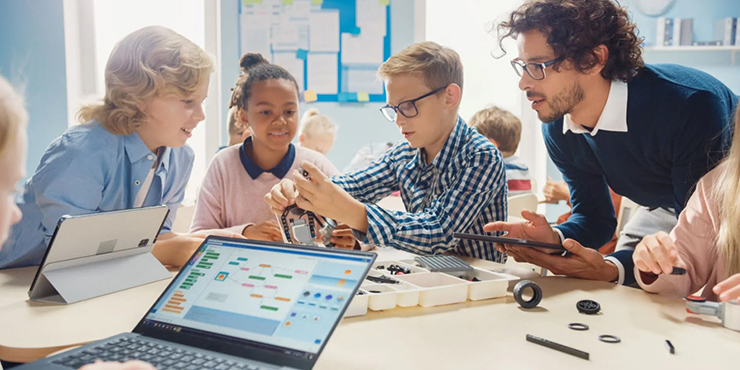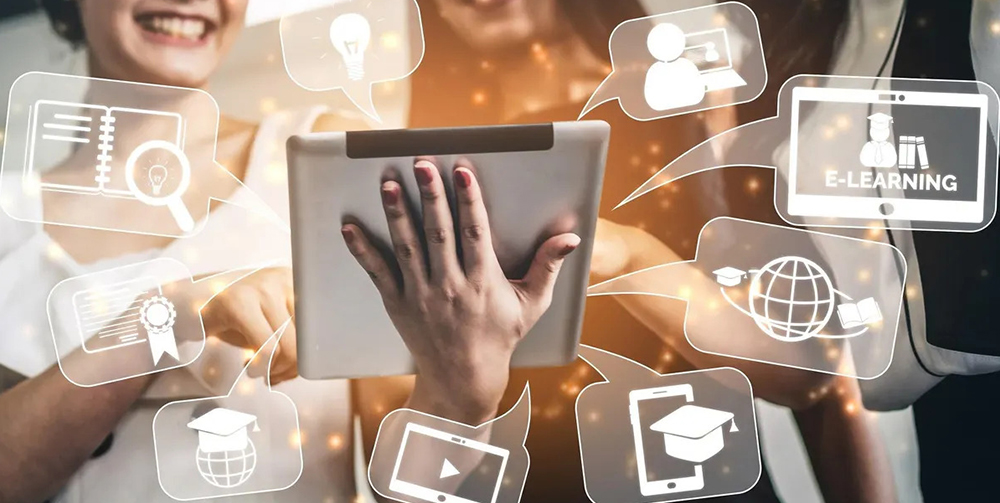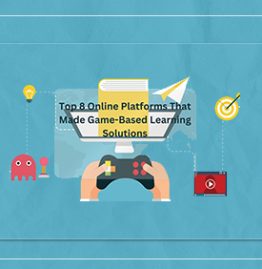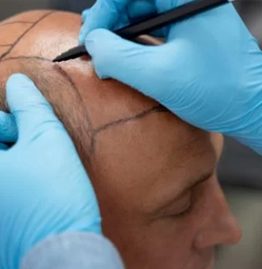Education is experiencing tremendous problems in today’s quickly evolving globe. The way we work and live is changing due to technological development, the dynamics of the labor market, and the requirements of modern society. Education needs to change and incorporate new methods that encourage students’ critical thinking, imagination, and flexibility to equip them for the future better. This essay will discuss the potential of education to adapt to the needs of the future.
Shaping Way through Technology

Technology’s influence on the educational system is unquestionable. Thus, it’s important to embrace its widespread use. The classroom as we know it has evolved beyond its four walls with the advent of AI, VR, and individualized learning tools. Now more than ever, students can learn from any location, at any time, and with anybody in the world. Using technology to create dynamic and interactive learning environments tailored to individual needs and interests is the future of education.
- ● Skills for the Future: As the nature of work changes, so must the competencies we stress in schools. Skills like critical thinking, problem-solving, teamwork, and digital literacy are just as vital as your knowledge. Rather than focusing on memorizing facts, schools should help children develop the abilities they’ll need to succeed in today’s dynamic and unpredictable environment. Students can gain valuable experience in the actual world through methods like project-based learning, internships, and realistic simulations.
- ● A mental Change: A mental change toward the value of lifelong learning is necessary for education to thrive. The information one receives in college won’t be enough to carry them through their professional life because of how quickly the world changes. Educational institutions are responsible for fostering in their students the dispositions and abilities necessary to become lifelong learners who actively seek out new information and actively use what they discover. Education may become a lifelong vocation rather than a one-and-done experience with the right support and encouragement.
- ● Developing Intercultural Skills: In today’s globalized society, understanding and respecting other cultures is more important than ever. Education should go beyond raising students’ awareness of other cultures to foster mutual appreciation, tolerance, and acceptance. Students can acquire the knowledge and abilities needed to succeed in today’s interconnected world by learning from and with members of other cultural backgrounds. Students who have had the opportunity to learn about and experience other cultures, languages, and customs are better prepared to work together across borders to create a more peaceful and prosperous future.
Wrapping up
The field of education is at a crossroads as we go into the future. To keep up with the world, schools need to adopt new teaching methods, use new technologies, help students acquire skills relevant to the future, encourage lifelong education, and foster intercultural understanding. Educational institutions can better prepare students for the difficulties of the modern world if they adopt these methods. Preparing students to be engaged citizens, critical thinkers, and lifelong learners in a complex and changing world is the ultimate goal of education in the twenty-first century.


































































